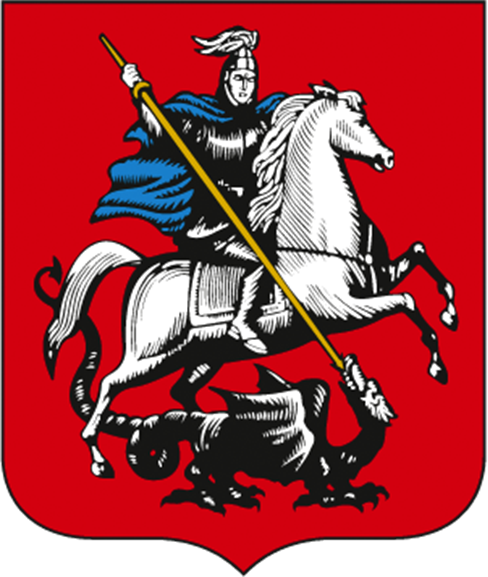One of Mussorgsky’s greatest works – the opera Boris Godunov was staged in the Galina Vishnevskaya Opera Centre. Masterfully directed by Ivan Popovski, the opera undoubtedly deserves close attention.
The Opera Centre was careful with the main Russian opera – no altering the libretto, changing meanings or modernizing it. The opera was staged according to the original version, which by the way used to be highly criticized in the 19th century. Thus not 11, but 7 scenes and there is neither Polish Act, nor Marina Mniszech there. On the face of it, it might seem that Ivan Popovski stays aloof, while in fact it takes a wise man to believe that nothing can interfere with this brilliantly tragic music, especially a director’s point of view.
So, the opera is based on the “dramatic chronicle” Boris Godunov by Aleksandr Pushkin. The year of 1598 – the Time of Troubles. Boris takes the throne illegally. Grishka Otrepyev finds out from the chronicler Pimen that Tsarevich Dmitriy was killed and makes up his mind to pass himself as Dmitriy. Godunov, feeling remorse, is afraid that he will be punished by the judgment of God. The epic scale of the action presupposes equal theatrical performance. That was a difficult task. And yet, for all the limited capacity of the stage of the Opera Centre, essentially ruling out the so-called “grand style”, art director Valery Levental managed to create an atmosphere that goes with every scene. A universal cross shaped construction made of textile icons serves as the walls of The Novodevichy Convent, the central square of the Kremlin, a monastic cell in Chudov Monastery, an inn as well as the Faceted Chamber. The saints on the icons are looking severely at the False Tsar Dmitriy, who had mounted the Russian throne having killed the young Tsarevich. The pangs of remorse Tsar Boris is experiencing are very convincing in such decorations. All the more so, since the performance of the singers is impeccable.
Alexey Tikhomirov (as Boris Godunov) has a strong voice and is, in fact, dramatically gifted as well. He sorrows royally and then he gives orders. When he visions a killed Tsarevich, his eyes are filled with animal-like fear, when he is looking at his son and daughter – his eyes are filled with sincere and timid tenderness. Popovski and Tikhomirov created an image of Boris that cannot but arouse sympathy. A sinner of a Tsar punishes himself. In very conditional space this image is unconditional. It is a tragedy of a man who killed an innocent child to come to power. Mussorgsky’s music translates the idea of conscience taking the law into its own hands. The tiniest shades of feelings of the main character, his doubts, desires, and crying – everything is shaped by music. Principal Conductor Gintaras Rinkevičius highlights the key points in such a way that it seems that Mussorgsky wrote about the Tsar first and about the people second. However, the people in this production are not silent. The people are not centre-stage, though – that’s true (the Opera Center scene can hardly hold a hundred actors), yet they are not in the background. The scene where the crowd was holding out hands to the Tsar crying out “Bread!” is one of the most powerful ones. As well as the scene where Yurodiviy (Stanislav Mostovoy) tells him to stab the children who are mocking at him the way he had stabbed an innocent Tsarevich. Yet another advantage of this new production is the absence of any pompousness – this production is conservative and it’s the most sincere of all the current ones. Everything is subjected to traditional realism. Feel free to recommend it to your friends and acquaintances as a theatrical rarity – “Boris Godunov”, directed and sung as folk musical drama keeping the spirit of the historical period. The most important thing in this opera is the truth about the Russian soul longing for unlimited power and dreading the judgment of God and not court rumours and love story of Mniszech and the False Tsar Dmitriy.



